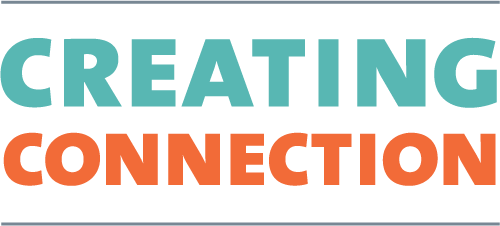Happiness
Our formative research into the intersection of public values and arts, culture, and creativity, identified that the American public believes that if they had more opportunity to express or experience creativity in their lives, they would be happier.
As you craft stories, messages, and programs that tap into this HAPPINESS benefit, consider the following concepts that share how connecting through creative expression…
Creates lasting memories
Promotes interaction with people, reduces social isolation, and builds stronger relationships
Provides opportunities for us to experience the full range of human emotion, and makes us more present in everyday moments
Is fun!
News you can use
A growing collection of studies, trends, and new ideas about art, creativity, and happiness.
How initiatives across the UK are tackling loneliness and what the arts can do to help
More research points to human connection as a source of happiness, bringing joy to researchers studying happiness. (Cue: Circle of Life)
Sheldon Theatre is showing it is more than what’s on stage. It’s become a home for creative experiences and lifelong memories.
When radical is just right: how reimagining audience engagement helps patrons feel more at home and inspired.
Sometimes it’s time to try out a new dance. How letting stakeholders tell their own stories can increase ad engagement and translate into higher enrollment.
Whether you’re gluten free or gluten spree, it’s time to perfect that pie (and then share, please).
The annual Army-Navy football game may celebrate physical prowess, but creativity is not lost among the crowd.
Why a musical swing set that fosters cooperation might be the best thing for your community right now.
Something straight out of Dr. Seuss or new tools designed to spark connection?
If happiness is one of our greatest outputs (how) can we measure it?
Why do we sing together? Research suggests that choral signing may be one of the most emotionally satisfying things you can do, and the chemistry behind it may even explain why our ancestors sang together.
In perhaps the ultimate hipster experiment, Rufus Wainwright and 1,500 close friends (not really) sing Leonard Cohen's Hallelujah together in an industrial warehouse (and it’s pretty breathtaking).
Who attends choral music concerts? Why do they go? And what impact does the experience have on them?
Dig into a report by WolfBrown and Carnegie Hall about the power of live music on young minds.














